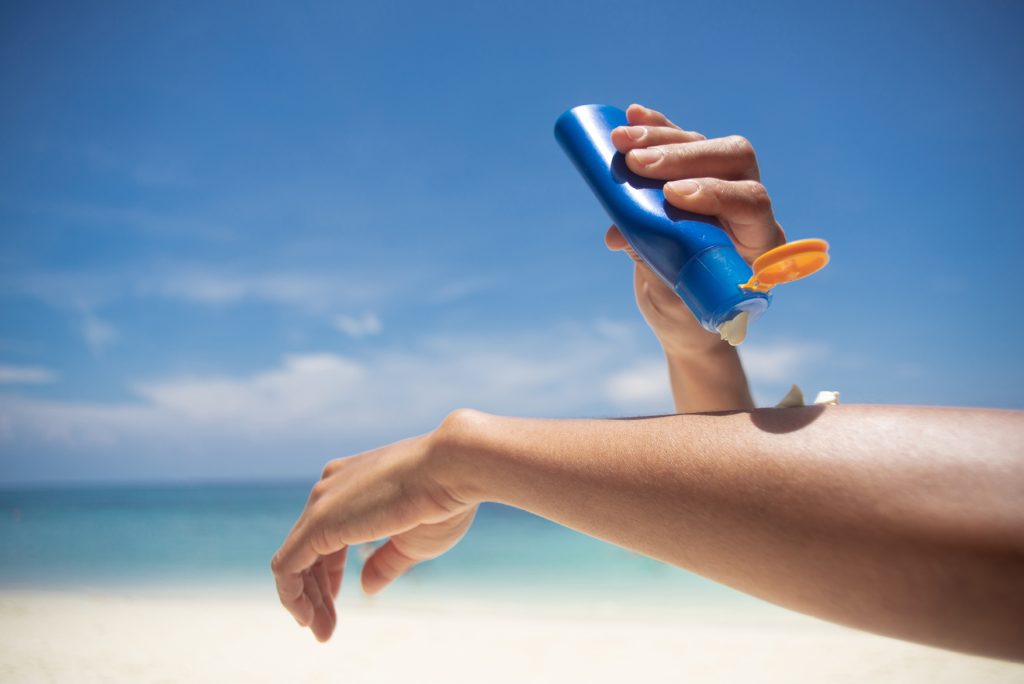Sun exposure is both beneficial and necessary for human life, as it stimulates the synthesis of vitamin D, which is essential not only for bone metabolism but also for immune balance. In addition, solar radiation helps regulate biorhythms and encourages the secretion of endorphins. However, it can become a serious threat to our health if preventive measures are not taken to reduce its harmful effects, which can range from blemishes and wrinkles to skin cancer.
According to the Spanish Association Against Cancer Observatory, almost 21,000 new cases of skin cancer were diagnosed in Spain last year, representing just over 7% of all cancers diagnosed in 2024. This figure does not include basal cell carcinoma (BCC), the most frequent malignant neoplasm in humans, both in dermatology and overall. BCC is a highly prevalent tumour but with a high cure rate and multiple therapeutic options. It is well known that the main risk factor for skin cancer is avoidable and is directly linked to ultraviolet radiation, mostly due to excessive sun exposure. For this reason, the Dermatology Service at HM Hospitales in León stresses the need to raise awareness about prevention, as adequate measures would help reduce not only its occurrence but also other conditions such as sunburn and premature ageing.
One of the key aspects is choosing the right sunscreen for each skin type or body area, taking into account phototype, age and exposure conditions. It must be remembered, however, that no sunscreen provides complete protection against solar radiation, so it is inadvisable to remain in the sun for long, particularly between 12:00 and 16:00. The HM Regla Dermatology specialist, Dr Gorka Ruiz-Carrillo, explains that “sunscreen should be applied generously and evenly on dry skin, 30 minutes before sun exposure, and reapplied every two hours, as well as after sweating, swimming or towel drying. Extra care must be taken with the areas most exposed to the sun, such as the face, neck, scalp, shoulders, décolletage, ears, hands and the tops of the feet.” Experts also advise checking the product’s expiry date and replacing it if it has expired. Furthermore, once opened, sunscreen should be used within 6–9 months, which means that if it was purchased the previous summer, it should not be used as its protective properties will have diminished.
Another common mistake is not using sunscreen on cloudy days, as many people are unaware that ultraviolet radiation penetrates cloud cover. Specialists also highlight the importance of protecting oneself not only at the beach or swimming pool, but during any outdoor activity. If one is going to be heavily exposed to the sun, it is also advisable to use approved sunglasses, wear protective clothing and cover the skin with caps or hats.
The HM Regla dermatologist reminds us that “children under the age of twelve months should not be exposed to the sun and must be protected with clothing, hats, sunglasses and high-SPF sunscreens that are specially formulated for children and water-resistant.”
Finally, Dr Gorka Ruiz-Carrillo reiterates the importance of regular skin self-examinations. Should any changes in moles or suspicious lesions be noticed, it is essential to consult a dermatologist, as early detection is crucial for the effective treatment of dermatological conditions, including skin cancer.

